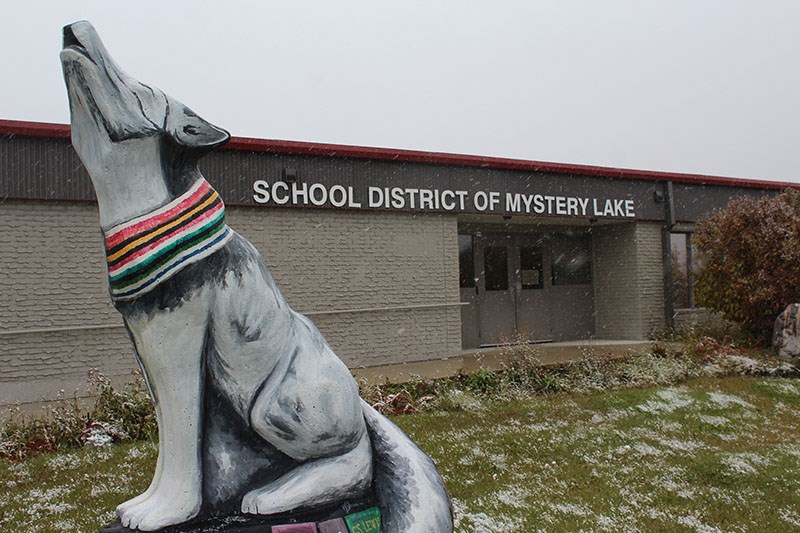R.D. Parker Collegiate students who individually fundraised money for an educational trip to Europe that was cancelled due to the coronavirus pandemic will be not get it back in the form of direct cash payments, the School District of Mystery Lake (SDML) board of trustees decided at their May 5 meeting.
Any money left over in individual student fundraising accounts after out-of-pocket expenses such as insurance fees and the initial deposit have been reimbursed can be transferred to future school travel, used for future student fees for things such as graduation or athletics, dispersed through bursaries for those attending post-secondary institutions or accredited training programs or donated to a charity of the student’s choice, said a motion approved by all participating trustees. Guido Oliveira, who participated in discussions about what to do with the money at the previous board meeting April 21, declared a conflict and did not vote on the motion, which also includes an option for other possible uses within the parameters of the legal advice the district received.
Money donated by organizations towards the Europe trip as a whole will be returned to them.
Chris Sylvester and Serena Stroppa, parents of students who would have gone on the trip, spoke to the board as a delegation, asking if the money could go towards bursaries to be distributed to the students to spend as they decided.
“I don’t understand why we can’t create a bursary and just pay them what they actually worked for, understanding the situation we’re in,” said Sylvester.
“Basically almost all school boards have the kind of policies that we also have is that funds raised and deposited with a school for a purpose can’t be paid out to individuals,” said board chair Don Macdonald. “We cannot pay it out without a cost associated with that already being incurred so that’s why we’re mentioning things like athletic fees, any costs involved with attending school next year. The reality is, once you’ve paid out the insurance and the deductible, most students don’t actually have that much money left. Those that do, any post-secondary training at all will easily eat it up.”
“I think that s our concern is some aren’t doing that [attending poste-secondary] and feel slighted,” said Stroppa in reference to the bursaries only being issued for actual costs incurred. “Some get it, some won’t.”
Sylvester asked if the district could charge students more for their graduation and prom fees and then reimburse them for that.
“We’d have to charge everybody more,” said Macdonald. “We can’t do things that are basically messing with the system. This is a public process with public money and we’re accountable to the province on everything, including the fundraised money. We can’t do things like that.”
Co-superintendent Angele Bartlett said this experience will be valuable for informing future policy around similar trips.
“I think in terms of some more clear cut policy on being very upfront about, in the event that this happens, this is what happens to these funds and putting that right on the table initially,” she said.”We do have policy in the division that talks to fundraised money but nobody could have anticipated this situation. In this situation nobody’s going anywhere in the entire world so there’s some very very different parameters here.”




